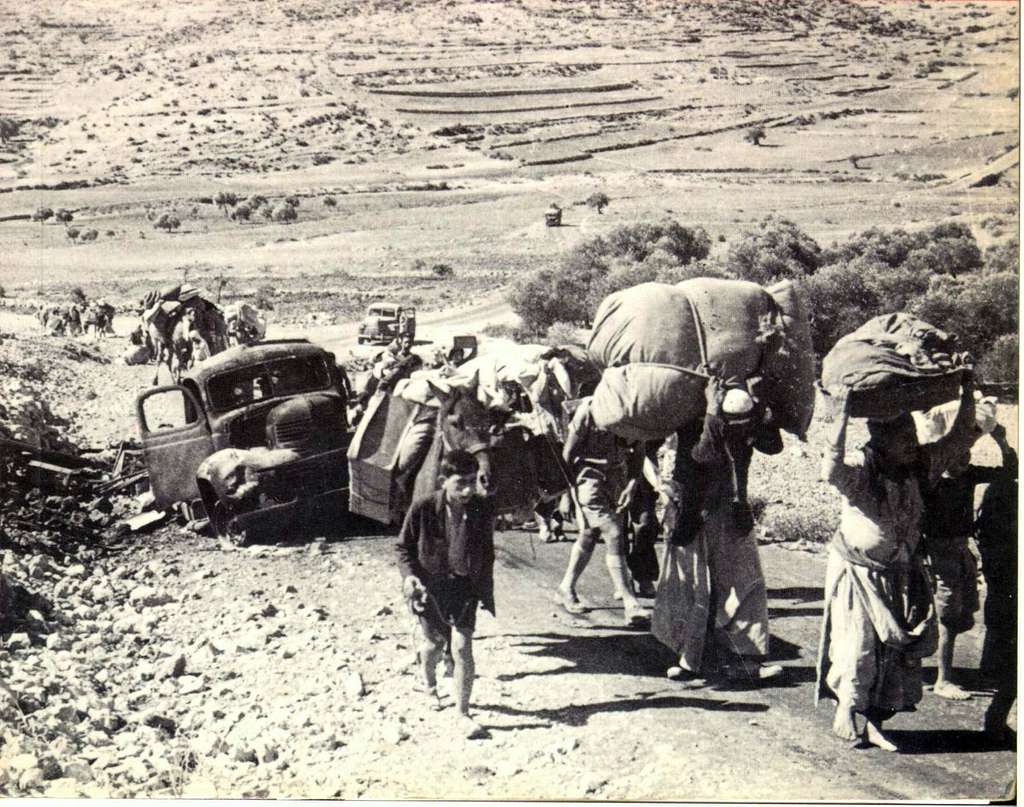
Humza Yousaf is MSP for Glasgow Pollok and a former First Minister
While the UK Government’s decision to recognise the State of Palestine is welcome, it is more than 75 years overdue. Recognition should never have been a bargaining chip to be dangled, delayed or made conditional. It is an inalienable right of a people who have faced historic injustices and have rightly asserted their self-determination for generations, while paying a terrible price for daring to do so.
Britain, of course, carries a particular historic responsibility. The UK government authored the Balfour Declaration in 1917 and administered the Mandate for Palestine, baking contradictions into the legal order that followed. Solemn words about “not prejudicing the rights of non-Jewish communities” while entrenching a framework that completely sidelined them and set the foundations for the apartheid regime we witness today. Owning that responsibility means more than symbolic speeches; it demands policy that remedies harm we have played a hand in. It was through British policy and withdrawal that the Nakba was precipitated, the mass displacement & dispossession of Palestinians in 1948.
Around 700,000 people were driven from their homes and hundreds of towns and villages were erased from the map, families never allowed to return. Those losses were not abstract; they live in the memory of every refugee family, like that of my wife Nadia, and the occupation that followed has metastasised into a regime of occupation and control that continues today.
So yes, Britain’s recognition – alongside France, Canada and Australia – is a welcome step. It nudges open diplomatic space for a long-term, peaceful settlement rooted in international law. But to be meaningful, recognition must be a floor, not a ceiling. It must be tied to action that protects Palestinian life and dignity now, not in some endlessly mythical peace process in the future.
Israel’s response has been, frankly, unhinged. Threats of “retaliation”, talk of annexation, and open rejection of any Palestinian state. That posture is not the behaviour of a partner for peace; it is the rhetoric of a government doubling down on occupation and expansion of its territory. The international community cannot allow itself to be blackmailed by belligerence. Let us not forget the scale of what we are witnessing. Nearly two years into this horror, more than 65,000 Palestinians have been reported killed in Gaza. Save the Children reports over 20,000 children killed, on average, at least one child every hour.
All of these figures are likely to be an underestimate. Famine has now been formally confirmed in Gaza City by the IPC, with the World Health Organization warning of its spread. And in a landmark legal finding, the UN Independent International Commission of Inquiry has concluded that Israel is committing genocide in Gaza. They are joined by just about every legal expert in genocide, and every credible humanitarian organisation. The UN Commission report lays bare the true scale of Israel’s inhumanity:
“Some children, including toddlers, were shot in the head by snipers.”
Read that again – toddlers. This is not collateral damage; it is the collapse of moral order. Words alone will not halt a genocide. What we need from the UK, and particularly from Western powers, is meaningful action.
I applaud the steps the First Minister and the Scottish Government have taken within the limited powers of devolution. John Swinney has shown clear moral clarity on an issue that requires nothing less. It is incumbent that every government, devolved or otherwise, looks at what more they can do to pressure Israel into doing the right thing. From the UK Government we need to see a number of concrete steps taken.
First, an immediate and total halt to UK arms sales & components to Israel. Our export licensing rules already say we should not arm states where there is a clear risk of serious IHL violations. The case could not be clearer. Yet while a very limited number of licences were suspended (around 10% of total export licences to Israel) were, carve-outs remain, including components destined for F-35s. That is unconscionable. And it is absurd to pretend business as usual can continue with a prime minister who is subject of an ICC arrest warrant for war crimes and crimes against humanity. If the law is to mean anything, our policy, and crucially actions, must reflect it.
Second, isolation. Israel’s leaders will not be persuaded by gentle admonition; they will only heed the language of consequences, exactly as the world learned in the struggle against South African apartheid. That means economic and trade measures that bite. The UK is one of Israel’s biggest trading partners, with total bilateral trade of roughly £5.8 billion in the most recent four-quarter period. Targeted, lawful sanctions and suspensions would be felt by Israel.
Third, cultural and sporting accountability. I applaud those national broadcasters who have said they will not participate in the Eurovision Song Contest if Israel is allowed to take part: Ireland’s RTÉ, the Netherlands’ AVROTROS, Spain’s RTVE, Slovenia’s RTVSLO and Iceland’s RÚV have all set down markers. The BBC should do likewise. Boycott is not about silencing art; it is about refusing to launder the image of a state that is annihilating a people.
Recognition, then, must be the beginning of a new approach, not the end of old habits. For almost two years, we have watched scenes we could not have imagined in our worst nightmares. History will remember who spoke up, and it will condemn who were complicit. The UK Government is steeped in complicity. Even now, at this late hour, it can choose a different path: end arms sales; drive coordinated sanctions; back accountability at the ICC; and lead the cultural and sporting isolation of a rogue regime until the killing stops and international law is restored. That is what doing right by Palestine, and by humanity, looks like.
Image credit: Fred Csasznik, Public domain, via Wikimedia Commons
